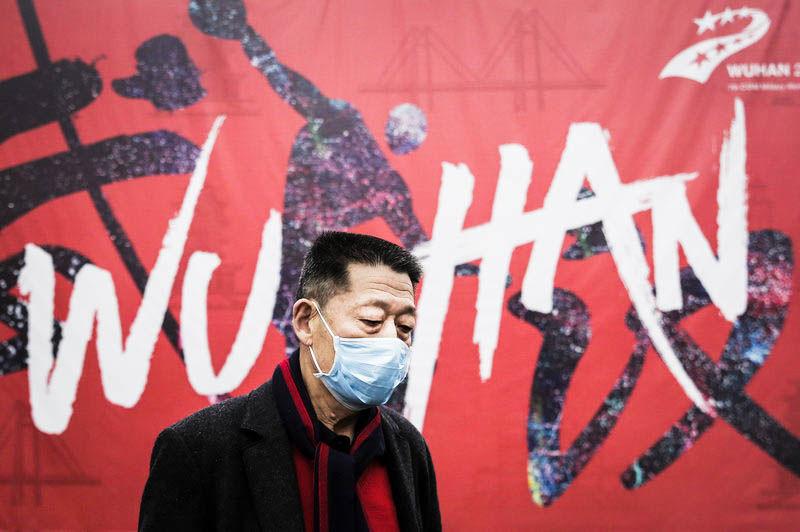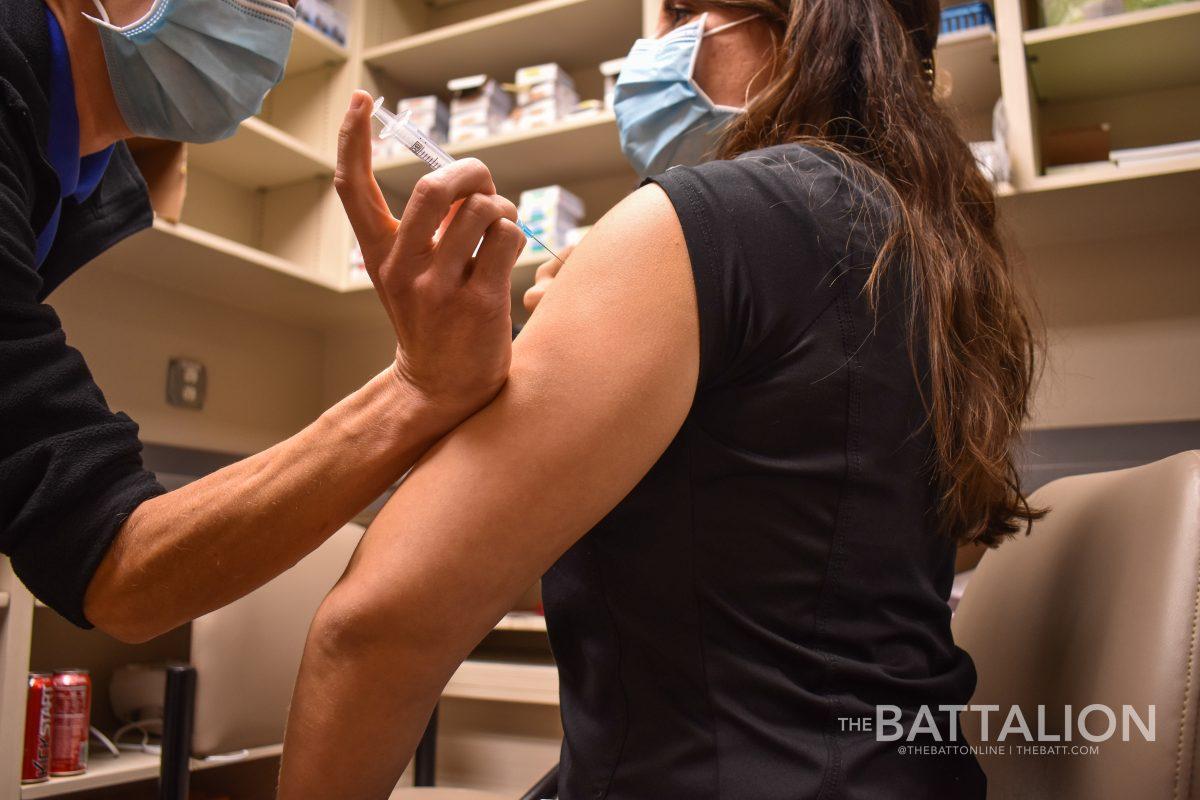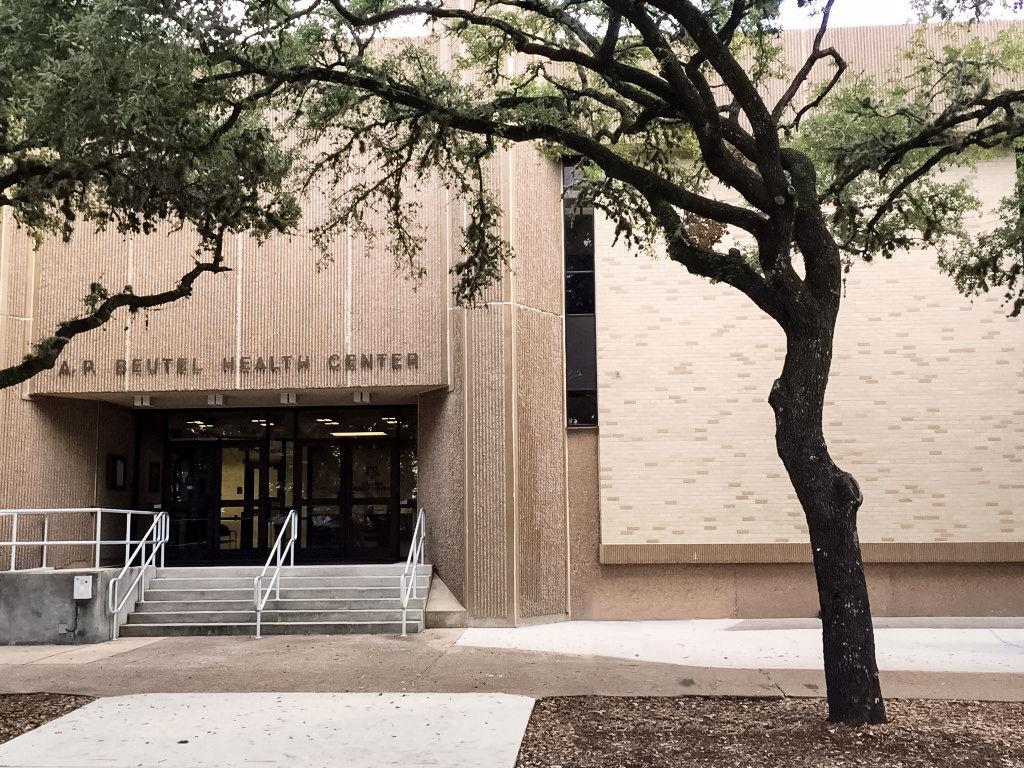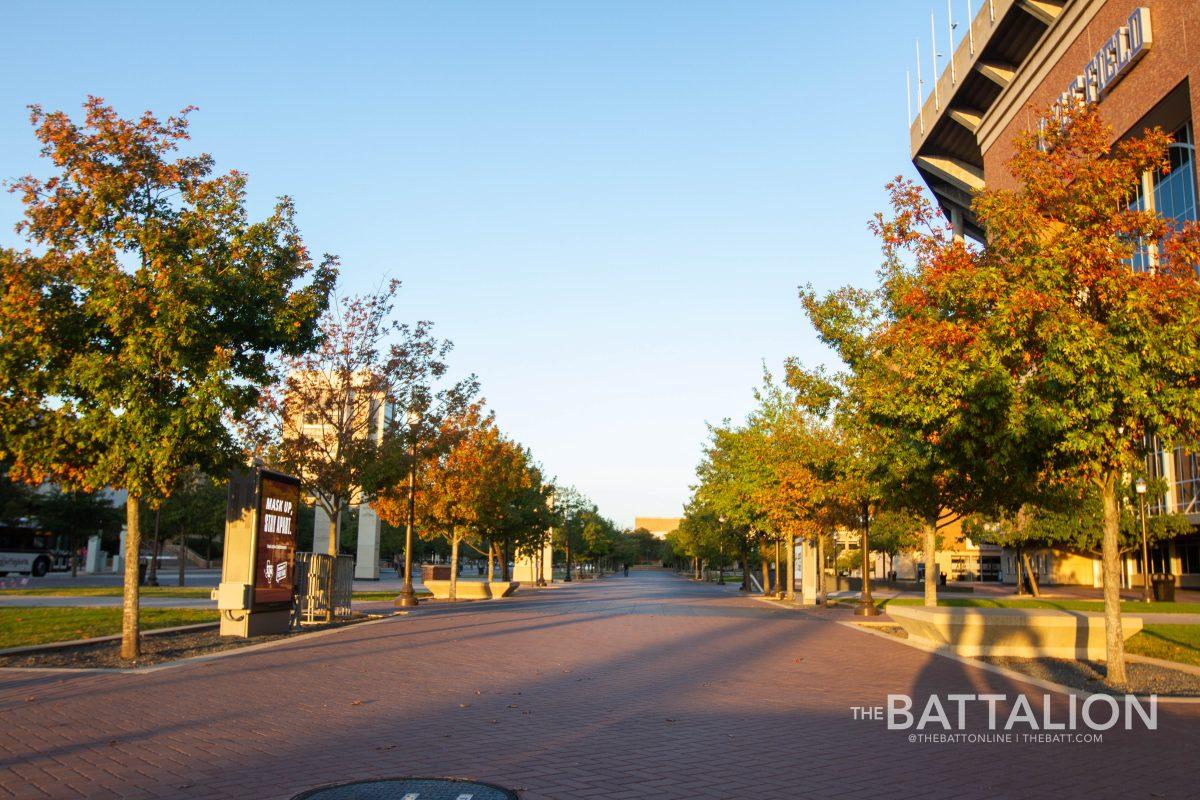I was born in the Democratic Republic of the Congo (DRC) and lived there for seven years, and then moved to Uganda in 2006 where I lived for seven years. Now I have been living in the United States for seven years. While in both the DRC and Uganda, I would hear a lot about these pandemics which took place like Ebola and HIV/AIDS. At the time, I didn’t understand because there were more diseases like malaria that killed people every single day. After all, although they were spreading fast, there was always a chance that not everybody would get them. As a young girl with no education at the time, I did not know the spread of pandemics was taken much more seriously in other countries.
Americans only worry and provide enough concern when a disease arrives in the United States. When the coronavirus outbreak first started, there was not a lot of news coverage. Now that it is in the U.S., there is a lot more public attention and the government is rushing to respond. When one person at Texas A&M was thought to have the coronavirus, there was a flood of coverage. However, even though there are a lot more people in China who are suffering from the virus, there is not as much attention on them as the one American death. Had the coronavirus not spread to the U.S., would there be as much news coverage about it? Would there be as much talk about it outside of Southeast Asia?
When I would hear and see in the news how countries such as the U.S. talk about a disease like HIV/AIDS, I would always think it was different. I felt if a country as big as the U.S. says something is a significant danger to the people then it must be so. While in Uganda, I read a lot about things that happened in the U.S. more than even those happening in Uganda. According to the New York Times, 56,300 were newly infected with HIV, affecting 40 percent more people in 2006. The world was able to learn to share their sympathy with the sick people. The U.S. found ways to prevent the spread of AIDS within its borders.
The U.S. and other developed countries do not share news that does not affect Americans. The U.S. did provide some aid and information on the Ebola outbreak in the DRC “Ebola situation reports: Democratic Republic of the Congo” from the Center for Disease Control and Prevention. However, it could have done more. Most of the news was on how U.S. citizens working in the DRC could prevent themselves from getting Ebola so they can return to the U.S.. Pandemics like Ebola travel far, and no one can know when it will be in their countries, so why not help the countries affected by the outbreak? People are not well informed about pandemics happening in developing countries so they can not offer their help.
The same attention the coronavirus is getting in the U.S. is due to the few Americans that have been infected should be the same coverage that every other pandemic should get no matter what country it is in. If coronavirus had been given more attention at the very beginning before it spread to the U.S., many more people would have been able to protect themselves. This coronavirus pandemic should serve as a sign that diseases can spread anywhere — the U.S. is no exception — and we should care regardless of where it starts.
Every country deserves equal media coverage and attention of pandemics
February 11, 2020
Photo by Creative Commons
Opinion writer Kahindo Musungira argues that the U.S. and other developed countries should provide more coverage of pandemic diseases that happen in developing countries.
Donate to The Battalion
Your donation will support the student journalists of Texas A&M University - College Station. Your contribution will allow us to purchase equipment and cover our annual website hosting costs.



























